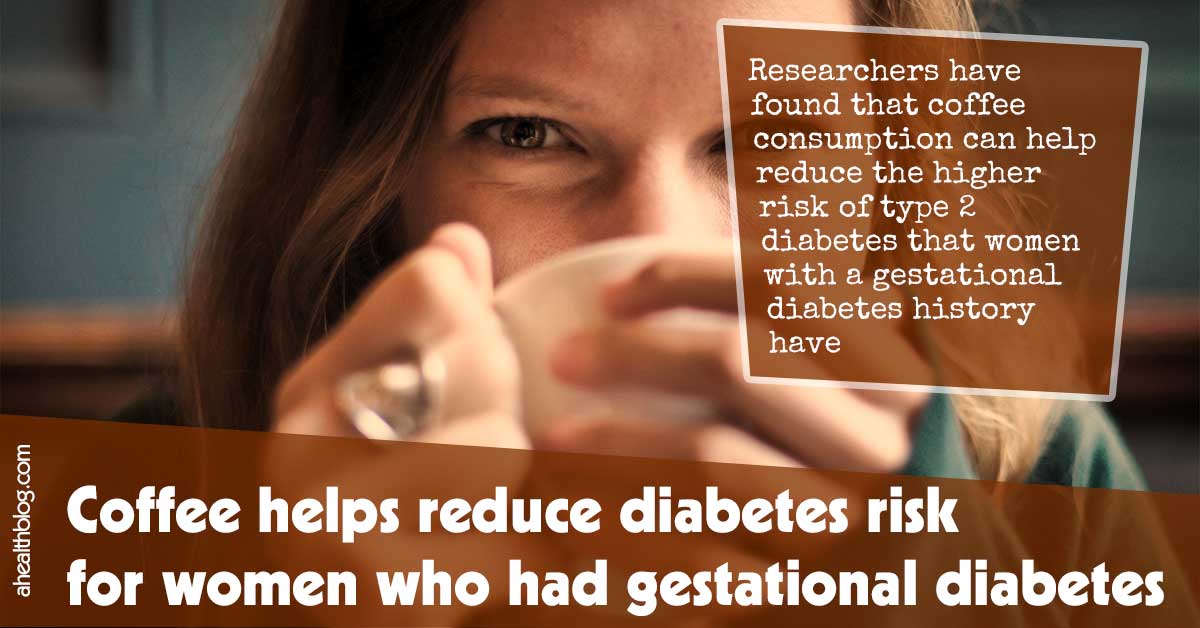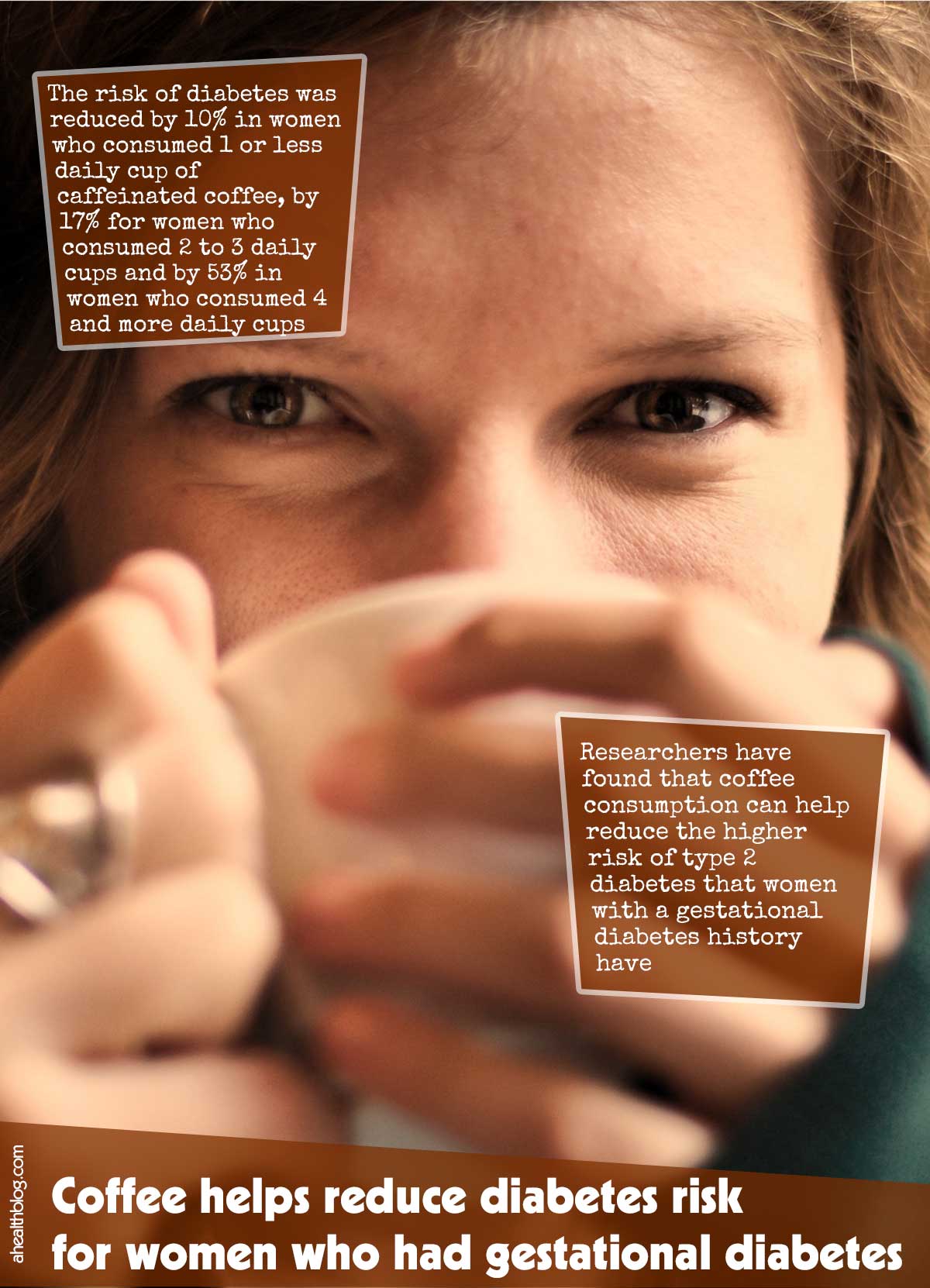Researchers have found that coffee consumption can help reduce the higher risk of type 2 diabetes that women with a gestational diabetes history have.1✅ JOURNAL REFERENCE DOI: 10.1093/ajcn/nqac241
One of the high-risk groups for type 2 diabetes is women who have suffered from diabetes while pregnant, commonly referred to as gestational diabetes. In comparison to generally healthy females, these women can have 10 times the risk of type 2 diabetes.
Existing research has determined that rather than sugar-sweetened and artificially-sweetened drinks, consuming 2 to 5 daily cups of either decaffeinated or caffeinated coffee is potentially a healthier alternative to help delay or prevent type 2 diabetes.
This is probably as a result of coffee’s bioactive components, such as naturally-occurring plant micronutrients known as polyphenols which can promote good health and are found in small quantities in plants and some foods, which include vegetables, fruits, nuts, whole grains, and oils.
Although coffee seems to reduce type 2 diabetes risk in the general population, it was unknown if it could also be beneficial for women with a gestational diabetes history.
So the researchers examined the effects of long-term consumption of coffee in women who had suffered from gestational diabetes and who had subsequently a higher risk of type 2 diabetes.
The coffee intake association with type 2 diabetes was examined by substituting sugary drinks with coffee.
For over 25 years, over 4,500 participants who had a gestational diabetes history were followed, at which time the associations of long-term consumption of coffee with the subsequent type 2 diabetes risk were examined.
Caffeinated coffee consumption in women after pregnancy was found to be associated with a reduction in type 2 diabetes risk. In comparison to individuals who didn’t consume caffeinated coffee at all, the risk of type 2 diabetes was reduced by 10% in women who consumed 1 or less daily cup of caffeinated coffee, by 17% for women who consumed 2 to 3 daily cups and by 53% in women who consumed 4 and more daily cups.
Although decaffeinated coffee wasn’t linked to the risk of type 2 diabetes in their study, this could be a result of the relatively small number of participants who drank decaffeinated coffee.
More significantly, substituting sugar-sweetened and artificially-sweetened beverages with coffee also reduced the risk by 17% for a cup of sugar-sweetened beverage and by 10% for a cup of artificially sweetened beverage.
The overall results indicate that consuming 2 to 5 daily cups of caffeinated coffee without high-fat/whole-fat dairy and sugar could be integrated into a healthy lifestyle for women with a gestational diabetes history.
Even though coffee is potentially a healthier substitute for sweetened beverages, the amount of condiments that are added to coffee such as milk and sugar can influence the health benefits of coffee.
Care should also be taken to not consume coffee in excessive amounts and certain groups should be mindful about consuming coffee. Little is known about how coffee affects fetuses, pregnancies, and children.




